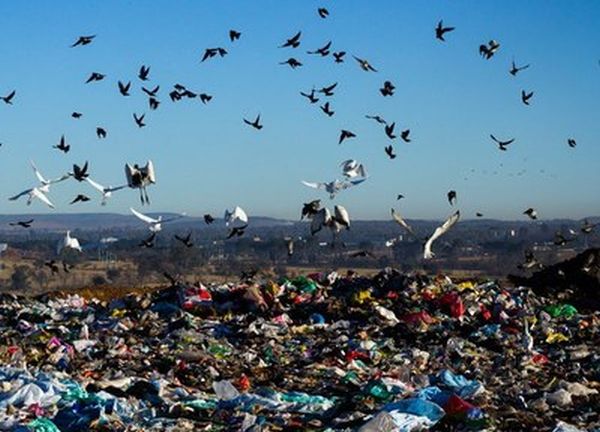

WEEK 3 - Nexus between water and food security
By Rev. O. Kolade Fadahunsi - Seven Weeks for Water 2017
Rev. Kolade is the Executive Director of Nigeria’s Kairos Foundation. He is also the programme associate for the national food security project of the Christian Council of Nigeria. In the following reflection he underlines the inter-dependency of water and food security, given that 70 per cent of fresh water is used for food production and one third of food produced goes to waste.
Introduction
“Come, all you who are thirsty, come to the waters; and you who have no money, come, buy and eat!... Listen, listen to me, and eat what is good.” (Isaiah 55:1-2)
“Over the coming decades, feeding a growing global population and ensuring food and nutrition security for all will depend on increasing food production. This, in turn, means ensuring the sustainable use of our most critical finite source, water.” (Ban Ki-moon, former UN Secretary-General)
As the world begins the countdown to the 24th World Water Day celebration on 22 March 2017, with the theme, “Wastewater”, the ever-recurring issue of the importance of the availability of water for food security comes to the fore. Interestingly, World Water Day in 2012 focused on the theme of “Water and Food Security”. World Water Day is set aside to refocus attention on the importance of water and the international day to celebrate freshwater was recommended at the 1992 United Nations Conference on Environment and Development (UNCED). The United Nations General Assembly chose 22 March, 1993 as the first World Water Day.
It is an understatement to state that water availability, as the world should know it, is not a reality in many places. The Nigerian example is a major pointer to the lack of availability of water and how it affects food security.
Plants need water to grow; animals also need water to survive and it is from these, that much, if not all, of the word’s food is derived. Recent herdsmen’s clashes in Nigeria pinpoint how the unavailability of water can wreak havoc on food production.
Due to the arid nature of their original homeland, and the increased drying up of water sources, the herders are forced to move down south for water and the consequences are there for all to see. In the search for water sources, farmlands are destroyed by cattle, resulting in meagre yields, which, in turn, contribute in no small measure to increased hunger on the land.
According to the November 1996 World Food Summit, food security is achieved “when all people, at all times, have physical, social and economic access to sufficient, safe and nutritious food to meet dietary needs for a productive and healthy life.” The issue of accessibility to potable water and its effect on guaranteeing food security is also evident in weather conditions and how these affect the availability of quality farm produce as well as the cost of food items.
Take for instance, rice, which can more or less, be regarded as Nigeria’s staple food. Rice needs much water to grow and of its lack of availability in many areas means the country has to rely, to a large percentage, on importation, which affects the market price, which is further impacted by the unstable foreign exchange rate. Read further.